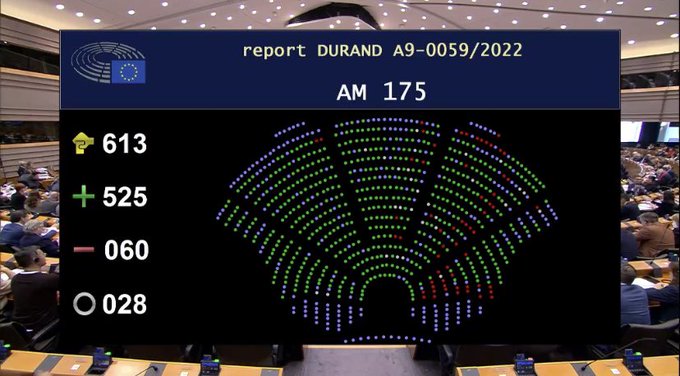Many companies - in search of a more responsible economy and food, mobility, territory, how to develop a viable project capable of having a positive impact on both society and our territory? But is positive enterprise really the key to future generations?
The pandemic, which has brought the global economy to a standstill, has called into question our consumption patterns, our choices of production, organization and location. Faced with the scale of the health and environmental challenges, our society is going to have to rethink its development model and put health and humanity back at the heart of growth models and businesses.
The quest for new happiness
Uberization of companies, virtualization of processes, artificial intelligence, transhumanism ... As our society evolves with progress, the digital revolution, digital transformation and sees the emergence of a new data economy, humans find themselves dependent on algorithms.
As time goes by, employees' aspirations change. It's no longer a question of finding a good job, with a high salary, but rather of blossoming in a meaningful profession in which values and private life are respected. "Employees want to feel useful" and are moving towards a lifestyle where they can be "themselves" at work.
According to a study of the world's happiest employees, carried out by recruitment firm Robert Half, the French are at the bottom of the scale. And according to figures from the national happiness barometer, "18% are very dissatisfied with their work and 13% are ready to tip over into professional unhappiness".
Employees feel forgotten: problematic governance, non-existent management, short-term budget development... As the changes take place, they are no longer the decision-makers, only "robots" at the mercy of machines and data. In a world where we want everything, right now, the employee has become dependent on a system.
Turning to the "positive economy
It was in 2012, during François Hollande's quinquennium, that he commissioned Jacques Attali to produce a report on the state of the "positive economy" in France. The idea? To design a long-term, more respectful economy, aimed at the general interest and those of future generations.
Companies represent the ideal structure for bringing about this change. Firstly, they are important during phases of transformation and always conducive to the inclusion of a new one, but above all they are the ones who control the economy and, consequently, consumer society. The emergence of GAFAM (Google, Apple, Facebook, Amazon and Microsoft), the web giants created between the 20th and early 20th centuries and which dominate the digital market, can testify to this.
A positive corporate culture, the key to success?
Through this notion of positive enterprise, the aim was to refocus the company on its customers, but also on its teams. Developed with the help of his Positive Planet foundation, Jacques Attali looked at the positivity index of CAC 40 companies to create his Positive Company concept.
The "positive economy" is precisely defined by taking into account the interests of future generations in all decisions, whether private or public. It is only within this framework that the issues of social justice and climate protection can be reconciled. And creating a 'positive society' presupposes creating the conditions so that all decisions, in business and in the public sector, can be taken on the basis of this criterion", he asserts.
In order to measure a company's financial health and its contribution to sustainable, inclusive growth, it has set up 33 indicators divided into 5 different groups: employee working conditions; efforts to reduce environmental impact; sharing of value between shareholders, investments and employees; internal training and customer awareness of responsible consumption; and consideration of future generations in strategy. With the help of these measurement tools, new perspectives are emerging for imagining a new model, the model of tomorrow.


